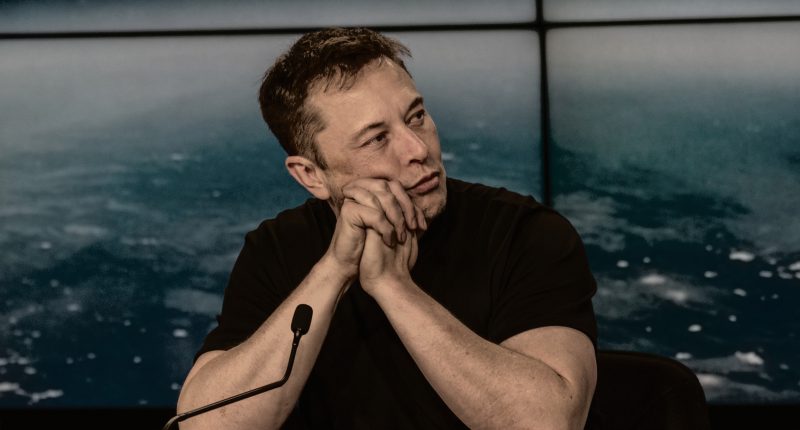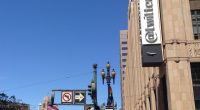It has been years since Elon Musk agreed to post information related to Tesla on Twitter after getting the green signal from a lawyer, and from the looks of it, this is not going to change anytime soon. The US Securities and Exchange Commission (SEC) reiterated on Friday that the billionaire will continue to need the approval of lawyers before posting anything that is related to Tesla on the popular micro-blogging site.
In a letter to the US Court of Appeals for the Second Circuit in New York, the agency noted that the settlement agreement between Musk and the SEC remained constitutional and valid.
“Appellant Elon Musk’s letter notifying this Court about a jury verdict in a private securities-fraud action does not identify a “pertinent and significant” authority,” read the letter by the SEC on Friday. “Musk waived his opportunity to test the Commission’s allegations at trial when he voluntarily agreed (twice) to a consent judgment. The district court properly rejected his request to alter the judgment because there were no “significant” changes in factual conditions or the law that justified relief under Rule 60(b)(5).”
This development comes weeks after Musk was found to be not liable for the securities fraud trial that occurred after the billionaire had tweeted that he had “funding secured” to take Tesla private for $420 per share. Soon after, he tweeted that he did not have a controlling vote at that time and that he had confirmed “investor support.” These dramatics were back in 2018, and Musk’s posts on Twitter went on to have a deep impact on Tesla’s shares and even initiate an investigation by the SEC.
Now, it seems that Musk’s lawyers argued that this verdict should be considered in the appeal to let Musk tweet Tesla-related information without needing the approval of a lawyer. Alex Spiro, who defended Musk in the trial earlier this month, said that the SEC lacked the foundation for the decree to need the approval of a lawyer before tweeting, especially since the jury in a San Fransico court determined that Musk’s tweets did not violate Rule 10b-5 of the Securities and Exchange Act. Nicholas Porritt, the lead attorney who represented shareholders who sued Musk and Tesla over the “funding secured” tweet, said that he was “disappointed” with the verdict.
Spiro went on to say that the decision demonstrated “why the public interest in avoiding unlawful settlements readily outweighs the SEC’s putative interests in the consent decree.” The letter by the SEC on Friday concluded that the verdict had no bearing on whether the district court agreed to alter the consent decree and that it did not justify the “inapt application of the “unconstitutional conditions” concept to settlements.”
This is the latest development of Musk trying to inch his way out of needing the approval of a lawyer before tweeting anything related to Tesla. Last year, he urged a federal appeals court to overturn the provision in the 2018 consent decree. At that time, his lawyers termed the consent decree to be a “government-imposed muzzle” which violated the First Amendment and resulted in the restriction of Musk’s “lawful” speech.
The Tech Portal is published by Blue Box Media Private Limited. Our investors have no influence over our reporting. Read our full Ownership and Funding Disclosure →






